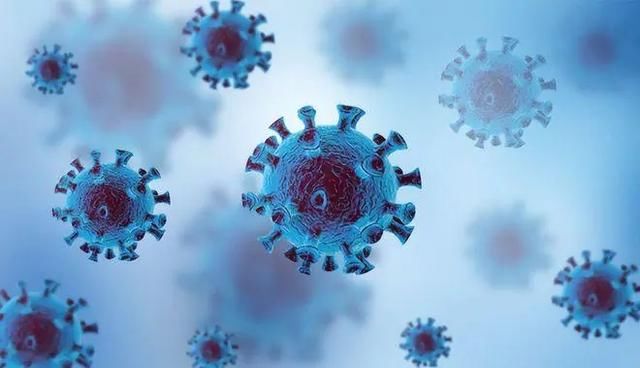Since the UK first reported multiple cases of acute hepatitis of unknown origin to WHO on April 15, the European Centre for Disease Control and Prevention (ECDC) said that as of April 27, the US, UK Twelve countries including China, Spain, France and Israel have successively reported to WHO more than 190 cases of acute hepatitis with unknown cause in children, of which 1 died and 17 required liver transplantation.

According to The Paper, the World According to the WHO, judging from the current situation, the main clinical manifestations of sick children infected with hepatitis are abdominal pain, diarrhea, vomiting and other common gastrointestinal symptoms, and most cases have no fever. Because common viruses that cause acute viral hepatitis, such as hepatitis A, B, C, D, and E, were not detected in these cases.
UK Health and Safety Authority speculates that adenovirus infection may be one of the main causes of acute hepatitis. Adenovirus infection was detected in about half of all patients, 20 of which were found to be infected with the new coronavirus, and 19 others were infected with both the new coronavirus and adenovirus. In the UK, 75% of sick children were found to be infected with adenovirus.

According to medical experts, adenovirus itself is a It is a very common pathogen and one of the causes of respiratory diseases, gastroenteritis, conjunctivitis and other diseases, but in most cases, it will not cause acute hepatitis. WHO believes that adenovirus still cannot fully explain the severity of this acute hepatitis, and further testing and research are needed. At the same time, the WHO also said that they will cooperate with public health agencies in the United Kingdom, Spain, France and other countries to carry out etiological investigations.
However, following the occurrence of acute childhood hepatitis of unknown cause in the United Kingdom and other places, there have also been cases of severe acute hepatitis of unknown cause in children in Canada and Japan. It is unclear whether these cases are related to recent cases in Europe and the United States. In view of the severe situation caused by the disease, some Japanese experts said that the cause is likely to be caused by common virus mutations.

In this regard, some medical experts said that due to the global During the epidemic period of the new coronavirus, the number of acute hepatitis cases of unknown causes in children has increased sharply, leading the public to associate daily infections with the new coronavirus, but the current investigation results show that the disease is not directly related to the new coronavirus. If this unexplained acute hepatitis in children is caused by adenovirus infection, it is very likely that under the influence of the new coronavirus in recent years, children have been in a state of isolation from the outside world, and their daily contact with the virus has changed. In addition, due to the lack of intersections between old and new viruses, children with poor constitutions are infected and become severely ill.
In fact, acute hepatitis of unknown cause in children caused by adenovirus often occurs during non-epidemic periods, and most of them are concentrated in children with low immunity and tumor chemotherapy. , while healthy people infected with adenovirus mostly have mild symptoms and can recover quickly. For the treatment of unexplained hepatitis, the expert said that at present, it is mainly symptomatic, and antiviral drugs are used for viral infections. If the liver cannot support the body, liver transplantation is used.

At the same time, WHO also released The reminder urged countries to remain vigilant of any unexplained cases of childhood hepatitis and said other infectious and non-infectious causes needed to be thoroughly investigated. In addition, WHO advises parents that good hygiene, such as thorough hand washing (including supervising children), can help reduce the spread of many common infections, including adenovirus.